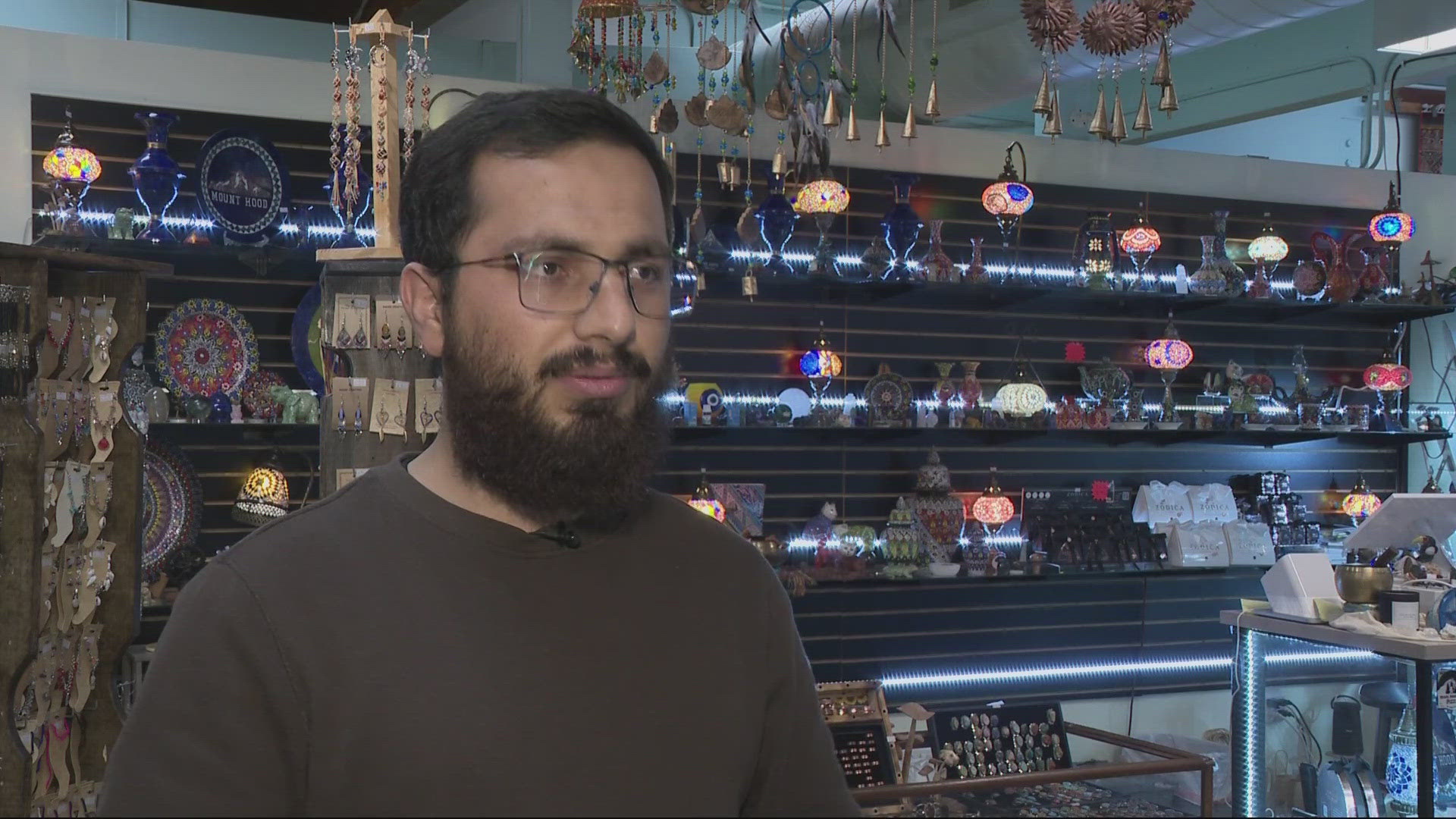OREGON CITY, Ore. -- Thirteen months after Oregon City Reserve Police Officer Robert Libke was shot and killed in the line of duty, we're getting a much clearer picture of what happened that day.
The first call to emergency dispatchers was about a house fire. It was followed by calls about a neighbor roaming the street with a rifle.
"Someone is trying to break down my door and I have two kids with me," said a frantic caller to 911 dispatchers.
The caller lived directly across from a burning house. As the caller was talking to dispatchers, officer Libke was outside diverting the attention of the gunman. A heroic move that he paid for with his life.
"My husband just saw a police officer get shot," said another 911 caller. "The man in the burning home came out and shot an officer, he's not moving."
Firefighters could not respond to the fire because of the gunman. Emotional homeowners, trapped in their smoke filled homes because a gunman was outside, flooded dispatchers with calls.
"I don't believe my house is on fire yet, but it's smoky, please hurry," said another caller.
The gunman eventually took his own life.
Reserve Officer Robert Libke's wife was pregnant when he died. Since his death, Oregon lawmakers passed a bill extending college scholarships to children of fallen reserve officers and volunteer officers. Up until now, those benefits only extended to paid officers and firefighters.
"Now his daughter can benefit from college," said former president of the Oregon Volunteer Firefighter's Association David Sellers.
By day, Sellers is a Hillsboro insurance agent, but for 27 years he's volunteered his free time to local fire departments.
"I look at that now and if something were to have happened to me in the last 27 years, where would my wife be in trying to give my kids a college education?" said Sellers.
He also believes the added benefits from Libke's sacrifice, will help in the recruitment of new reserve officers and volunteer firefighters.

